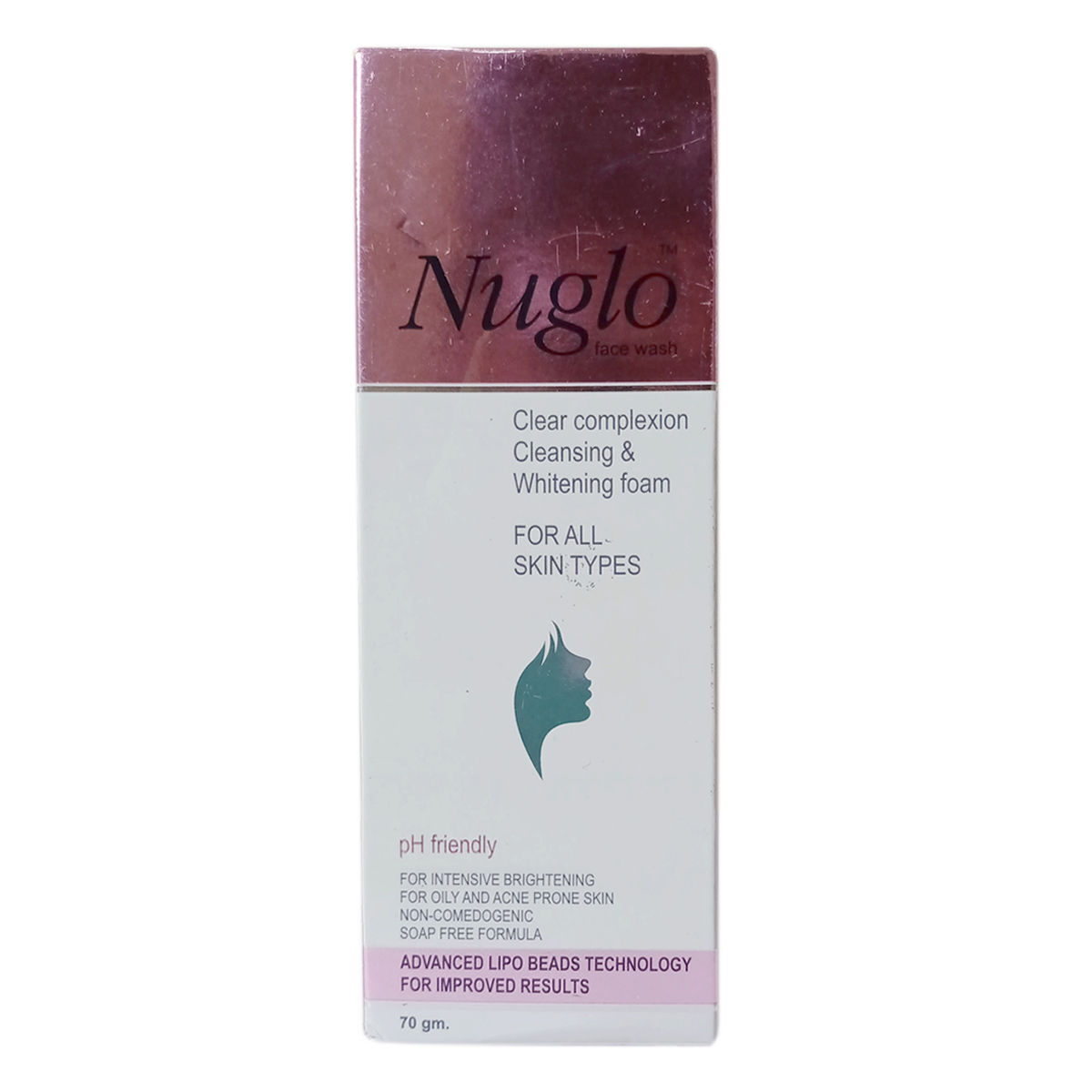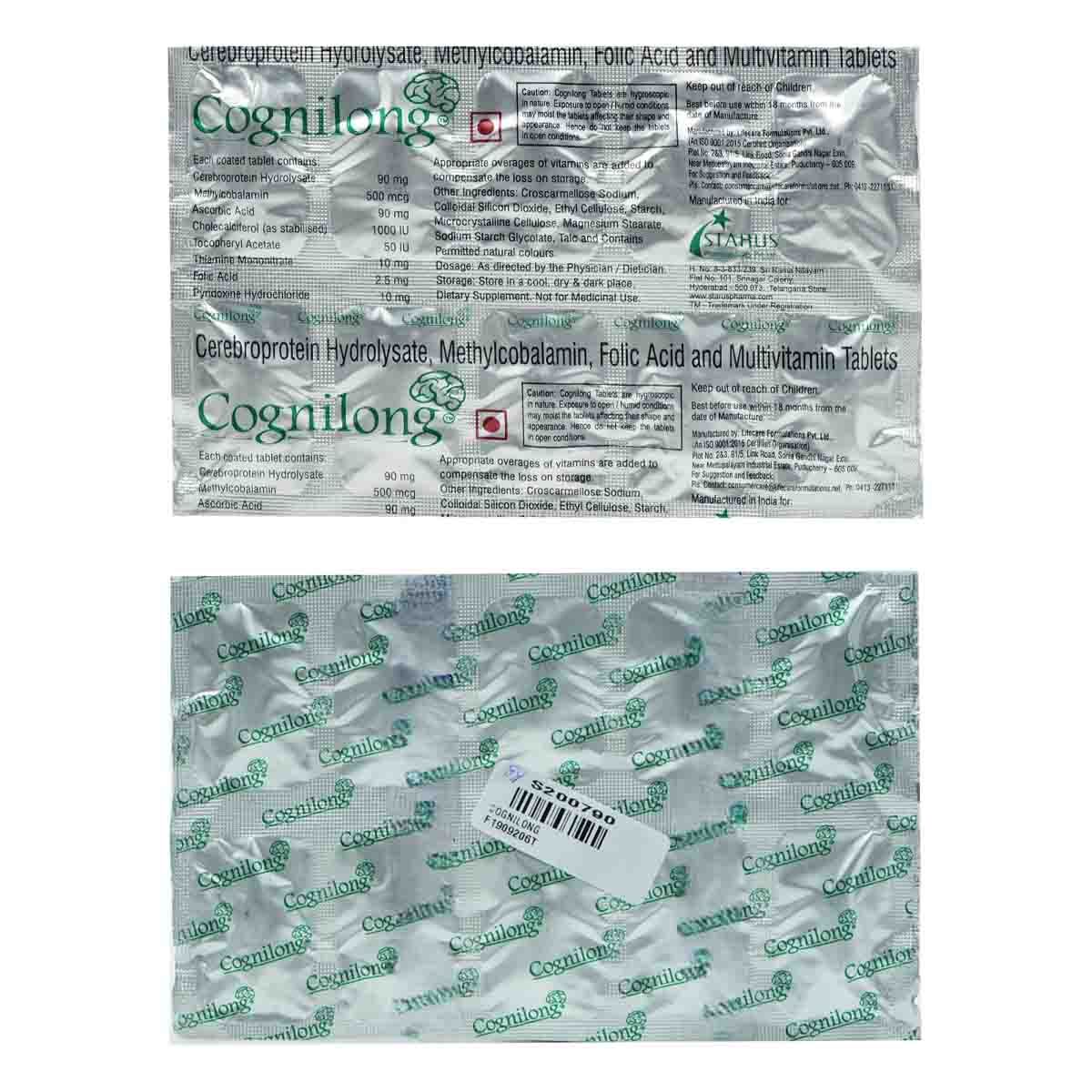Mandelic Acid
About Mandelic Acid
Mandelic Acid belongs to the class of 'antibacterial drugs', primarily used to improve skin texture and treat acne, hyperpigmentation (darkened skin), and the effects of ageing. Acne is a skin condition that occurs when the hair follicles become plugged with oil and dead skin cells.
Mandelic Acid contains Mandelic acid, which is an aromatic alpha-hydroxy acid. It is derived from bitter almonds and acts as an exfoliant by removing the top layer of dead cells on the skin. Mandelic Acid also improves the thickness in the deeper skin layers and promotes collagen production and firmness.
Your doctor will advise the appropriate dose of Mandelic Acid that suits your condition. Mandelic Acid has common side effects like itching, irritation, redness, and burning sensation at the application site. These side effects usually do not require medical attention and gradually resolve over time. However, if you face any other symptoms or the side effects persist longer, please consult your doctor.
Let your doctor know if you have any allergic reactions to Mandelic Acid. If you have sensitive skin, let your doctor know about it since it can cause skin irritation due to its peeling effect. Mandelic Acid can make the skin more sensitive in the sunlight; hence, use sunscreen and protective clothing before you step outdoors. Pregnant and breastfeeding mothers should consult the doctor before starting Mandelic Acid.
Uses of Mandelic Acid
Medicinal Benefits
Mandelic Acid contains Mandelic acid, an aromatic alpha-hydroxy acid with antibacterial properties. Mandelic Acid is an exfoliant and helps in the removal of the top layer of dead skin cells. It improves the skin texture by promoting collagen production and thus enhances firmness. Thus, Mandelic Acid helps in treating acne, wrinkles, and hyperpigmentation. Mandelic acid is also used as an ingredient in cosmetics and drug products.
Directions for Use
Storage
Side Effects of Mandelic Acid
- Itching
- Irritation
- Redness
- Burning sensation at the application site
Patients Concern
Disease/Condition Glossary
Acne vulgaris (acne) is a skin condition caused when the hair follicles are plugged with oil and dead skin cells. Whiteheads, blackheads, pimples, cysts, and nodules are all types of acne. It commonly occurs in teenagers though all age groups are affected.
Hyperpigmentation: It is a skin condition caused due to excess production of melanin, a skin pigment. This causes darkened skin that appears as spots or patches. It can be treated by lightening creams, retinoids, peels etc.
FAQs
Mandelic Acid consists of Mandelic acid. It helps treat acne, wrinkles, and hyperpigmentation by removing the surface layers of dead skin cells and boosting collagen production.
Mandelic Acid is for topical (for skin) use only. Do not put bandage or dressing on the affected area while treating with Mandelic Acid unless the doctor advised. If the medicine gets into your eyes, nose, mouth or vagina, rinse with cold water. Do not apply Mandelic Acid on open wounds, lesions, and blisters.
Please do not stop using Mandelic Acid on your own even if the symptoms are relieved. Your symptoms may improve before the skin condition is completely cured. Continue the usage of Mandelic Acid until your course advised by the doctor is finished.
Mandelic Acid can make your skin more sensitive to the harmful effects of sunlight. Hence it is advised to use sunscreen and wear protective clothing while using Mandelic Acid. It is also recommended to avoid tanning booths and sunlamps.









